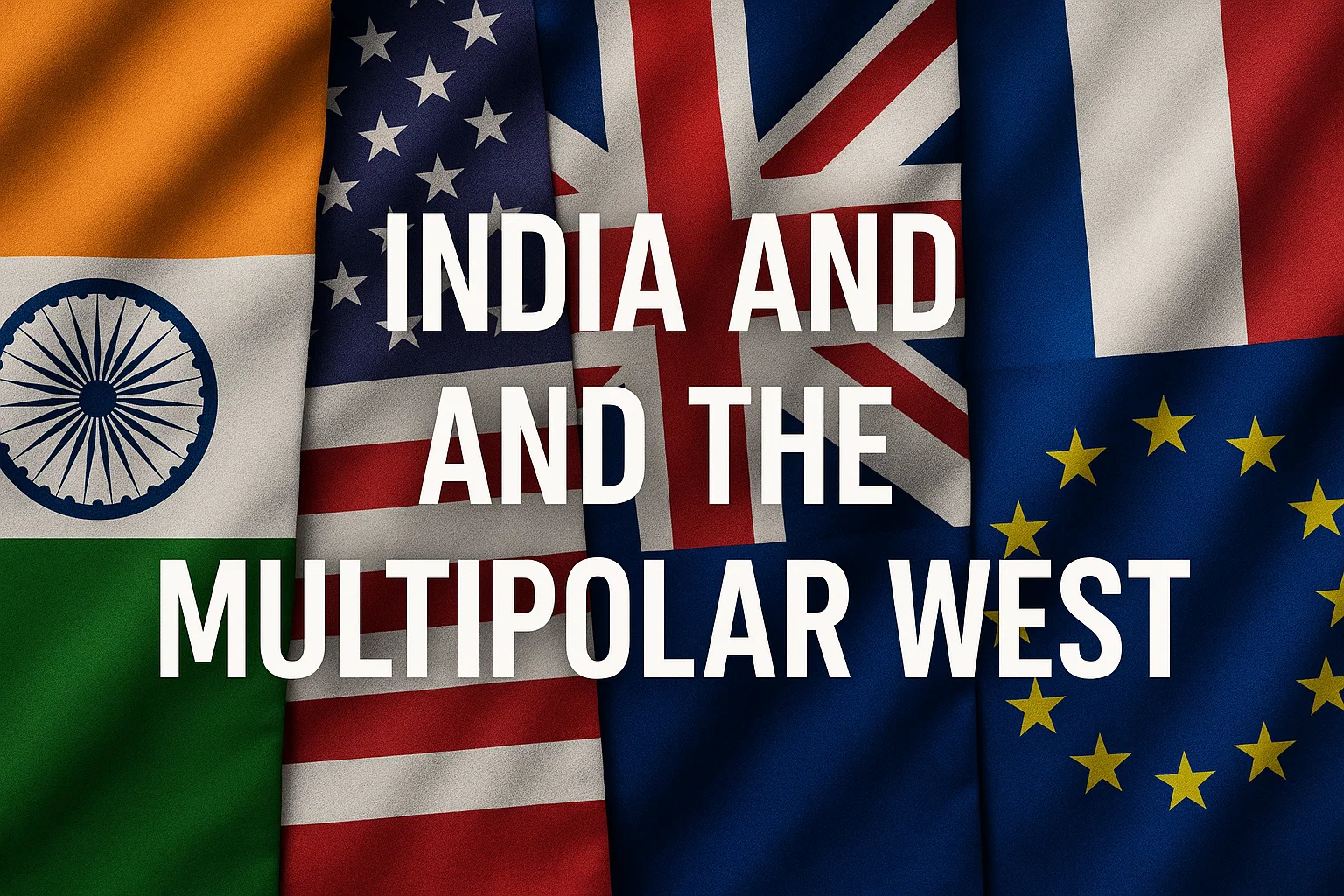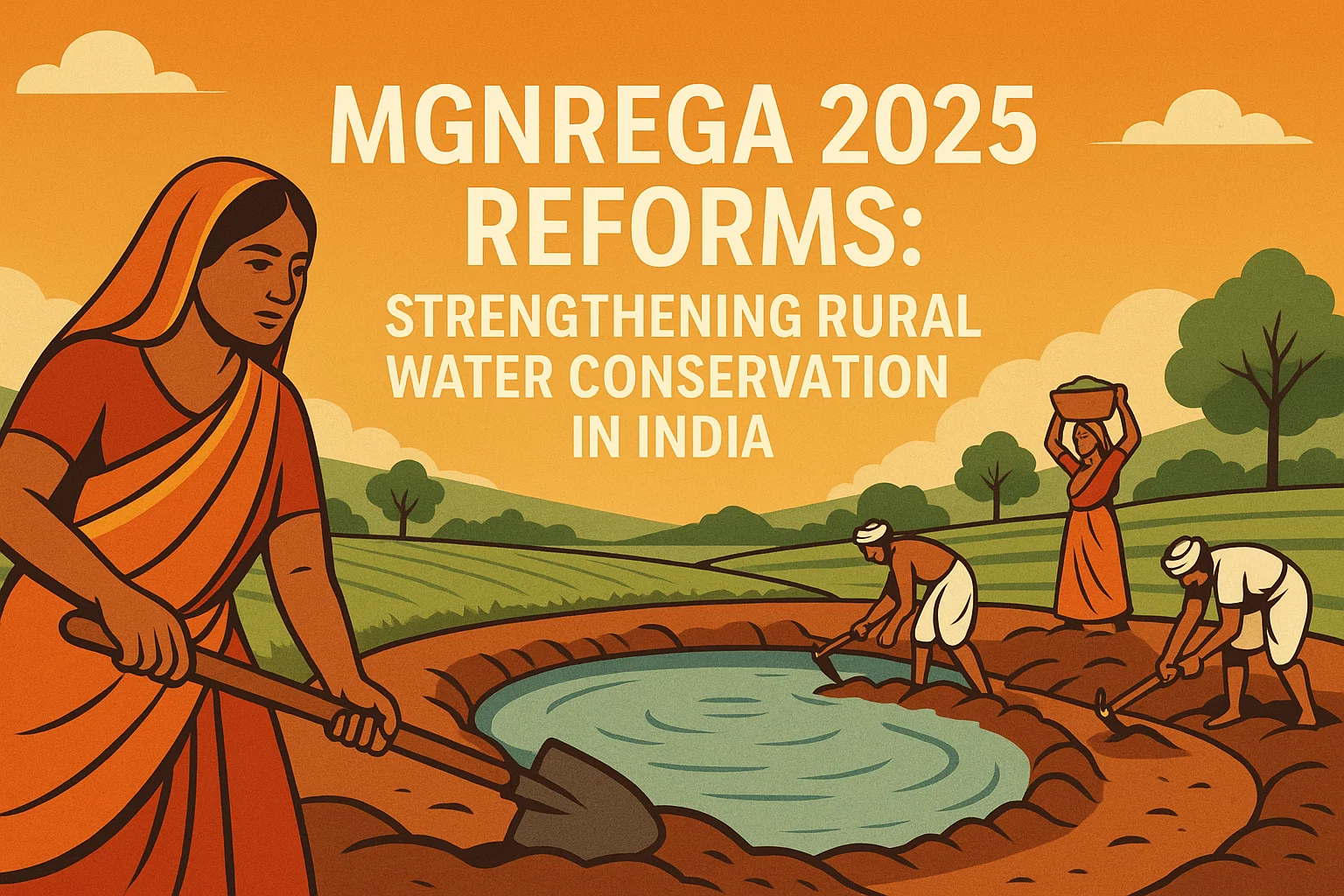Font size:
Print
Pahalgam Terror Attack and Global Hypocrisy
The Fragmentation in the Global Fight Against Terror
Context:
The Pahalgam terror attack on April 22, 2025, has once again laid bare the global community’s fragmented and inconsistent approach towards combating terrorism, particularly when it originates from Pakistan.
More on News
- While many countries condemned the attack, their simultaneous calls for restraint from both India and Pakistan reflect a disturbing shift from the once-unified global stance on terrorism.
Weak Global Response to Terrorism: A Growing Pattern
- Divided World Leaders: Statements from world leaders have been disappointingly muted and balanced.
- U.S. Secretary of State Marco Rubio urged both nations to seek a “responsible resolution” for regional peace, while Vice-President J.D. Vance expressed hope that India’s response wouldn’t lead to wider conflict.
- Russian Foreign Minister Sergey Lavrov emphasised resolving Indo-Pak issues through political means, and the EU’s foreign policy chief Kaja Kallas avoided calling it a “terror attack” altogether.
- Troubling Erosion: This pattern indicates a troubling erosion of the post-9/11 consensus on zero tolerance for terrorism.
- Instead of unequivocally condemning state-sponsored terror, global powers now expect victims like India to exercise restraint, even when the threat is clear and proven — as in the Pulwama (2019) and Mumbai (2008) attacks.
Collapse of a Collective Global Anti-Terror Framework
- India should not be surprised by the lack of international support.
- With global attention consumed by the wars in Ukraine, Gaza, and West Asia, few nations have the appetite for a new conflict in Asia.
- Moreover, successful elections and rising tourism in Jammu and Kashmir are triggering alarm in Pakistan, which views normalcy in the region as a threat.
- The global fight against terrorism has effectively collapsed into selective, interest-based responses.
- The “your terrorist, my terrorist” narrative has returned with full force.
- Europe focuses on right-wing extremism, while the U.S. under previous leadership emphasised REMVE (Racially and Ethnically Motivated Violent Extremism).
- The Organisation of Islamic Cooperation (OIC) routinely uses Islamophobia to downplay Islamist terror.
- Meanwhile, Canada has turned a blind eye to anti-India terrorist threats emanating from its soil, citing freedom of expression.
- Adding to the challenge is China’s veto power in the United Nations Security Council (UNSC), where it has blocked India’s 2022 proposals to blacklist Pakistan-based terrorists.
- Now that Pakistan is a non-permanent member of the UNSC (2025–26), such efforts are likely to remain stymied.
Africa: Another Victim of Global Indifference
- The international community’s failure to act is not limited to Asia.
- According to the Global Terrorism Index 2025, Africa, especially the Sahel region, has become the new epicenter of terrorism, accounting for over half of global terrorism-related deaths.
- Yet, the response remains minimal — further underscoring how global efforts have become localised and inconsistent.
Double Standard for India
- Global actors prioritise “regional stability” over combating terrorism, largely due to Pakistan’s successful projection of a potential nuclear conflict.
- Ironically, the West supports Ukraine against nuclear-armed Russia but fears Indian retaliation against Pakistani-backed terror groups.
- Despite clear evidence that the Pahalgam attack was religiously motivated — with terrorists reportedly targeting Hindu tourists and a Muslim local who tried to help them — global silence on Hinduphobia is deafening.
- While Islamophobia, anti-Semitism, and Christianophobia are rightly condemned, violence against Hindus is often ignored or downplayed.
- Even U.S. Presidential candidate Vivek Ramaswamy faced hate speech targeting his Hindu faith, underscoring the growing religious bias.
- In contrast, the U.S. Director of National Intelligence Tulsi Gabbard stood out by explicitly calling the Pahalgam attack a “horrific Islamist terrorist attack” and acknowledging that Hindus were targeted.
Diplomatic and Strategic Fallout
- Pakistan, as expected, used its UNSC seat to push for an emergency closed-door session on regional tensions.
- Much like the 2019 meeting post-Article 370 abrogation, this session failed to produce any formal outcome, reaffirming the view of most P5 nations (except China) that Kashmir is a bilateral issue.
- Meanwhile, Pakistan’s criticism of India’s move to suspend the Indus Waters Treaty was met with UNSC indifference.
- India will likely use its diplomatic influence to prevent any outcome document, similar to the 2021 Ethiopia-Egypt Nile water dispute resolution.
Path Forward for India: Strategic Autonomy and Proactive Diplomacy
- If the international community truly wishes to avoid conflict in South Asia, it must hold Pakistan accountable for cross-border terrorism.
- Strategic partners such as Saudi Arabia and the UAE, who are undertaking domestic reforms, must step forward and pressure Islamabad to end its support for terrorism.
- India must also use its multi-alignment foreign policy to create and leverage geopolitical space.
- Having led initiatives on terror financing and tech misuse, New Delhi should now push the global conversation beyond the United Nations — taking up religious bigotry against non-Abrahamic faiths, particularly Hinduphobia, through bilateral and multilateral channels.


